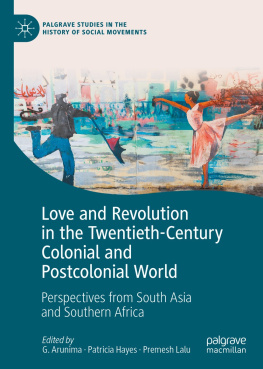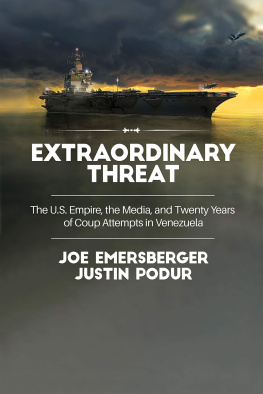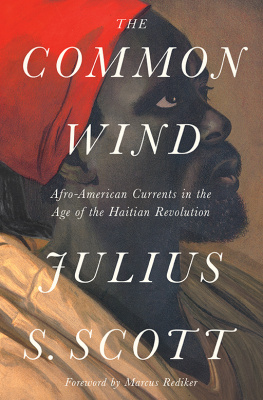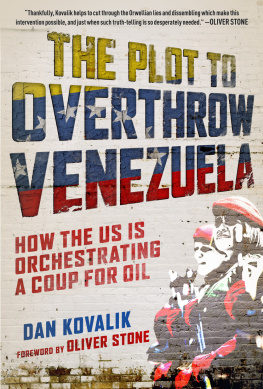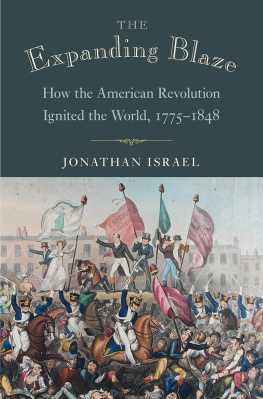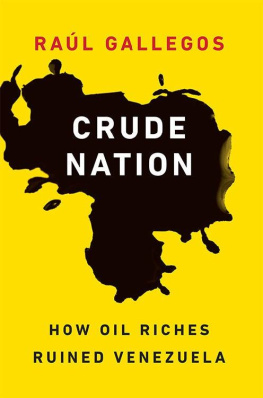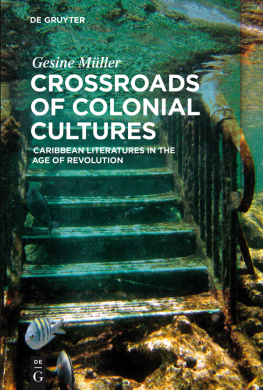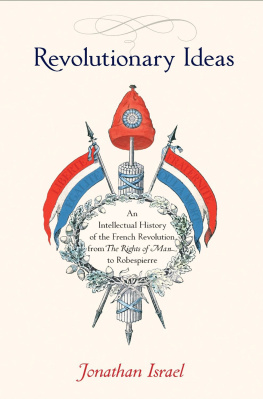
Tides of Revolution
Dilogos Series
KRIS LANE, SERIES EDITOR
Understanding Latin America demands dialogue, deep exploration, and frank discussion of key topics. Founded by Lyman L. Johnson in 1992 and edited since 2013 by Kris Lane, the Dilogos Series focuses on innovative scholarship in Latin American history and related fields. The series, the most successful of its type, includes specialist works accessible to a wide readership and a variety of thematic titles, all ideally suited for classroom adoption by university and college teachers.
Also available in the Dilogos Series:
Mexico City, 1808: Popular Politics, Military Power, and the Fall of Silver Capitalism by John M. Tutino
Murder in Mrida, 1792: Violence, Factions, and the Law by Mark W. Lentz
Nuns Navigating the Spanish Empire by Sarah E. Owens
Sons of the Mexican Revolution: Miguel Alemn and His Generation by Ryan M. Alexander
The Pursuit of Ruins: Archaeology, History, and the Making of Modern Mexico by Christina Bueno
Creating Charismatic Bonds in Argentina: Letters to Juan and Eva Pern by Donna J. Guy
Gendered Crossings: Women and Migration in the Spanish Empire by Allyson M. Poska
From Shipmates to Soldiers: Emerging Black Identities in the Ro de la Plata by Alex Borucki
Women Drug Traffickers: Mules, Bosses, and Organized Crime by Elaine Carey
Searching for Madre Matiana: Prophecy and Popular Culture in Modern Mexico by Edward Wright-Rios
For additional titles in the Dilogos Series, please visit unmpress.com.
Tides of Revolution
Information, Insurgencies, and the Crisis of Colonial Rule in Venezuela
CRISTINA SORIANO
2018 by the University of New Mexico Press
All rights reserved. Published 2018
Printed in the United States of America
Library of Congress Cataloging-in-Publication Data
Names: Soriano, Cristina, 1975 author.
Title: Tides of revolution: information, insurgencies, and the crisis of colonial rule in Venezuela / Cristina Soriano.
Description: First edition. | Albuquerque: University of New Mexico Press, 2018. | Series: Dilogos series | Includes bibliographical references and index. | Identifiers: LCCN 2018001017 (print) | LCCN 2018032059 (e-book) | ISBN 9780826359872 (e-book) | ISBN 9780826359858 (hardback) | ISBN 9780826359865 (paper)
Subjects: LCSH: Underground literatureVenezuelaHistory and criticism. | Foreign newsVenezuelaHistory18th century. | Foreign newsVenezuelaHistory19th century. | VenezuelaHistoryWar of Independence, 18101823Underground literature. | BISAC: HISTORY / Latin America / Central America.
Classification: LCC PN5102.S67 2018 (e-book) | LCC PN5102.S67 2018 (print) | DDC 079.87dc23
LC record available at https://lccn.loc.gov/2018001017
Cover illustration: De la Guayra, on the Spanish Main, by G. T. Richards (1808), etching, aquatint, work on paper, 14.5 24.9 centimeters. Coleccin Mercantil.
Courtesy of Mercantil Arte y Cultura, Caracas. Image by Walter Otto.
For Julio
and
In memory of my father, Amlcar Soriano M.
Illustrations
MAPS
1. Venezuela and the Caribbean
2. Captaincy General of Venezuela (17771810)
3. Province of Caracas (17771810)
FIGURES
TABLES
Acknowledgments

Tides of Revolution marks the culmination of more than thirteen years of research and reflection about Venezuela and the Atlantic world during the Age of Revolutions. It began as my dissertation project in the Department of History at New York University. There I discovered the powerful dialectical relation that exists between historical mentions and silences, and, inspired by Michel-Rolph Trouillots Silencing the Past, I learned the importance of reformulating questions in order to expand the windows into the past and make silences speak. Throughout the research process for this book, I confronted challenging moments of silence in the sources, in the archives, in the historiographic narratives, and while writing; but even when I was sitting in the most obscure and solitary corner of the archive, I never faced these silences alone. During these thirteen years I have been extremely fortunate to have the support of academic institutions and the company and guidance of extraordinary people who made the research experience rich, incredibly constructive, and fascinating.
The initial research of this project was possible thanks to the support of the Centro de Estudios Hispnicos e Iberoamericanos of the Ministerio de Cultura of Spain, the Warren Dean Fellowship from the Department of History of New York University, and the Frank Guggenheim Foundation Dissertation Award. At Villanova University, I was the recipient of the Albert R. Lepage Endowed Professorship in History, which offered me significant support to perform archival research in Venezuela and Spain during the summers of 2012, 2013, and 2014. The Albert R. Lepage Endowed Professorship also provided me with the opportunity to spend an entire academic year on sabbatical finishing the manuscript. In addition, the Wissenschaftskolleg of Berlin and the National Humanities Center in Durham, North Carolina, offered me support to participate in the two-year postdoctoral summer seminar Cultural Encounters: Global Perspectives, Local Exchanges, 17501940 organized by the Summer Institutes for Advanced Studies (SIAS), a space that allowed me to revise and discuss important sections of this manuscript. I am also grateful for receiving the Richard E. Greenleaf Visiting Scholar Award by the Latin American and Iberian Institute at the University of New Mexico, which allowed me to visit and work at the universitys Center for Southwest Research.
I very much appreciate the professionalism I found at the different archives I visited in Venezuela, Spain, and the United States. I always encountered friendly and supportive staff who were willing to uncover the silences of the archives with me. In Venezuela, the staff of the Archivo General de la Nacin, Archivo Histrico Nacional, and Archivo Arquidiocesano de Caracas guided me with efficiency and cheer. In Spain, the staff of the Biblioteca Nacional in Madrid and the Archivo General de Indias in Seville made my work enjoyable and productive. I am especially grateful to the staff at the photocopy and digitalization center at the AGI for the care and diligence they took while processing my petitions and granting me permissions. I spent several months doing research at the John Carter Brown Library at Brown University, where I had the pleasure to meet Ken Ward, historian of the book and curator of the Latin American Collection. I am grateful for his generosity and friendship.



